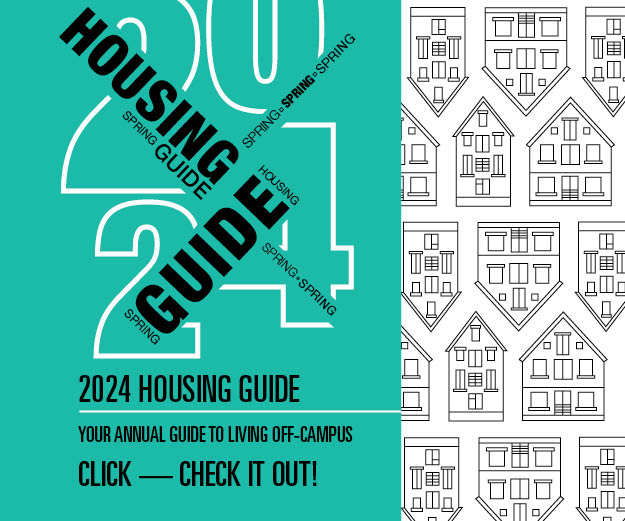The University is doing all it can to make sure students are using the Internet responsibly.
The University uses a program called Audible Magic to pinpoint students who are using peer-to-peer networks. The program is an application on the network that helps to determine when students are downloading or sharing music or movies illegally. If a student is determined to be doing something illegal, Audible Magic will automatically disable their Internet.
There are three levels of punishment for offenders. A first-time (level one) offender has their ability to connect to the Internet disabled for 24 hours. A second level offender has their Internet disabled for two weeks, and a level three offender has their Internet blocked until they meet with Student Affairs.
Each semester, students are given a two-week introductory period so new students can learn how the policy works. During this time, students become acclimated to the Acceptable Use Policy, which informs them of acceptable uses of the University network. They are informed about the rules of Internet use and punishment for offenses. After the two weeks, the slate is wiped clean and offenses from the first two weeks are forgiven.
Assistant Director for Technology and Assessment Kendra Rowe said it is important that students be informed about the Acceptable Use Policy.
‘Expecting them to know the policy is kind of guessing,’ she said. ‘We’re trying to make sure they understand the Acceptable Use Policy.’
Before the program was in place, the University received cease-and-desist orders informing them a student was illegally downloading music or movies and would then forward them to Student Affairs to contact the student.
Matthew Haschak, director of Information Technology Security and Networking, said that before the program began, the University received about 39 cease-and-desist orders a week. Since the program has been implemented, that number has dropped to about five a week. Under the program, 216 students have reached first level offense status, 46 reached level two and only two have reached level three.
Another issue the University deals with is students setting up their own routers, which is against the Acceptable Use Policy. This has become an issue, because students might connect to the Internet through other students’ routers, which weakens the University network. Students face the same penalties for an illegal router that they do for illegal downloads.
Haschak said a student using a router can cause problems for others using that router.
‘You’re now taking blame or causing a problem for a lot of people,’ he said.
Rowe said all students will face the same penalties, regardless of whether the router is theirs or not.
‘They signed the same Acceptable Use Policy,’ Rowe added.
Bobby Pflum, residential networking and operations coordinator, said that a lot of these problems are common among freshmen. To combat this, resident advisors are instructed to check for routers when doing inspections.
‘You have a lot of freshmen who bring their own routers,’ he said. ‘It is very common in McDonald, Kreischer, and Harshman [residence halls].’
Freshman Breanna Davis is a student who was suspended for a first level offense. She said the punishment was fair, and the program is good for the University.
‘I think it’s effective on campus,’ she said.
The school does not turn students in to any outside authorities for breaking the Acceptable Use Policy. Haschak said that is not the point.
‘Our goal is to not punish students,’ he said. ‘It’s to educate them.”





















